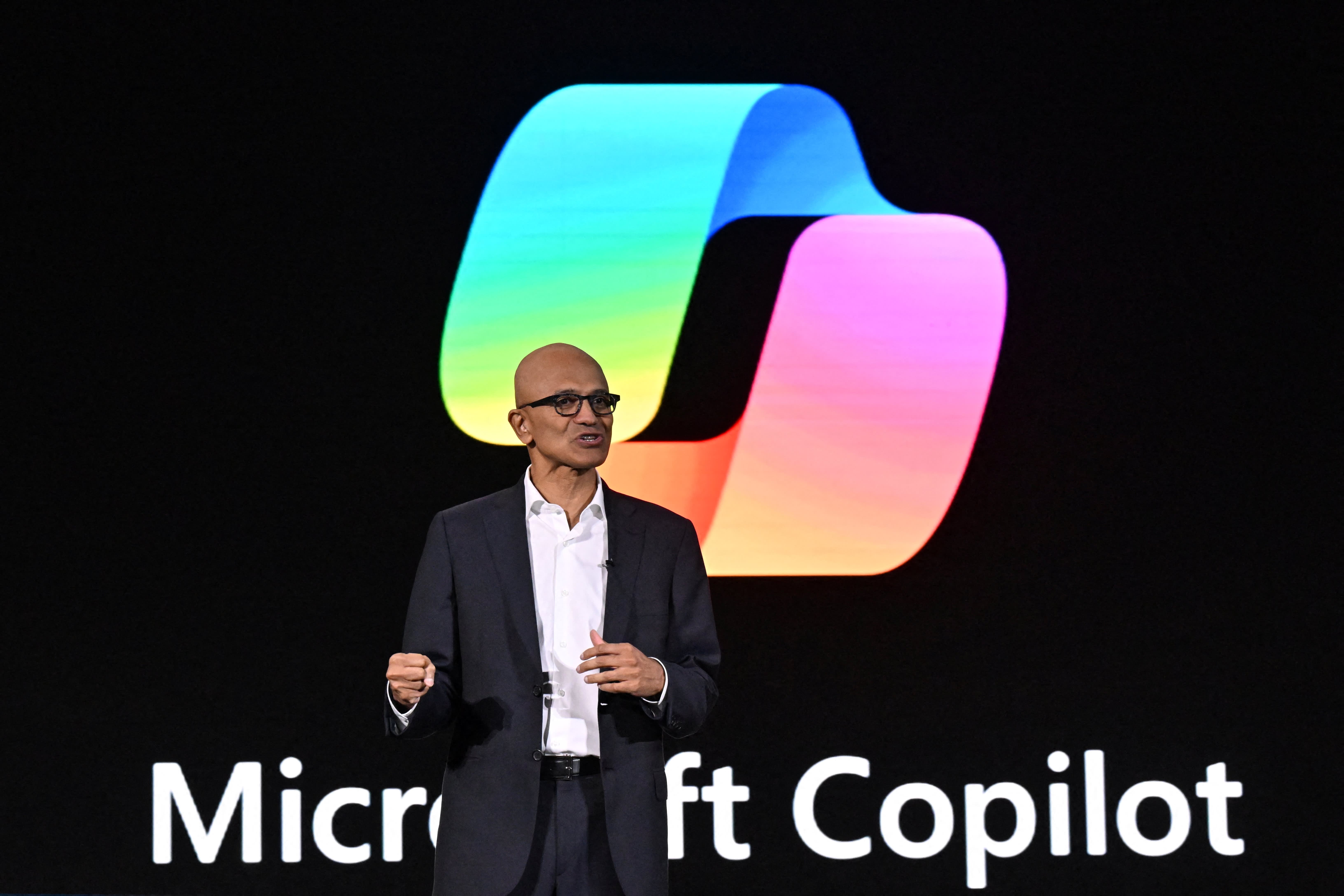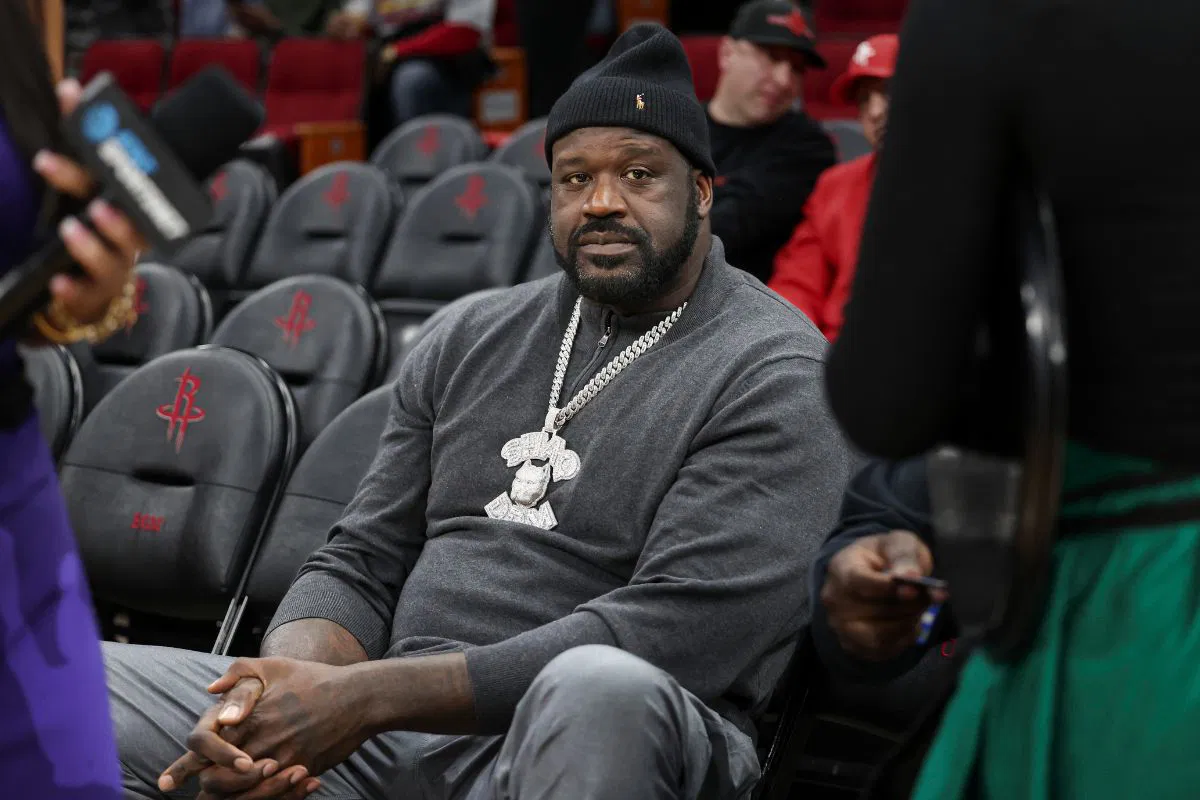By Nassim Khadem
Copyright abc

Australia’s $4.3 trillion superannuation sector is on track to become the world’s second-largest retirement savings pool by 2031.
Compulsory super has led to higher levels of national savings but, as the pool of savings grows, many argue that stricter supervision is needed to protect Australians’ retirement savings.
The collapses of the First Guardian and Shield managed investment schemes, which have led to potential losses of more than $1 billion for almost 12,000 Australians, have exposed deep holes in the system.
Mulino defends the integrity of the superannuation system but agrees it’s time to beef up consumer protections.
“What I’m conscious of is that what we’ve seen in this instance is a new kind of model by which some actors have sought to induce investors into funds,” he says.
More action is needed, he argues, to protect Australians from “predatory type behaviour”.
“Obviously, I’m concerned about instances where people are being cold-called. I want to look at the circumstances in which that can happen.”
Tens of thousands more investors may be at risk
At a parliamentary committee hearing earlier this month, ASIC was questioned on whether the regulator had been too slow to act to freeze funds in First Guardian and Shield after being notified of possible misconduct as early as January 2021.
ASIC has repeatedly said in both cases it acted as fast as it could.
But its chair, Joe Longo, also told the hearing there could be other incidences.
“I regret to inform the committee that … there are a range of funds that we’re looking at — a range of investigations we’re looking at — and the number of investors who have been affected by this conduct is, I would have thought, closer to 25,000 or 30,000.”
ASIC has commonly pointed to the complex web of parties involved in the two schemes as the reason why the regulator took its time to act to shut down the funds.
He noted these included the lead generators and financial advisers who lured people into the schemes.
It included the superannuation trustees that have been accused of failing to do proper due diligence by allowing the First Guardian and Shield products to sit on their platforms.
It included the research houses that gave 3.5 to 3.75 star ratings and buy recommendations on the products (ASIC has said it is still looking into whether there may be a case against SQM Research, but that it’s not part of its current active 25 investigations in relation to the two funds).
It also included the auditors who signed off on the books of the managed investment scheme operators.
And it involved the operators of the schemes themselves, which ASIC is accusing of misusing investor money (allegations against the key players in the schemes have been filed with the court, but are yet to be tested).
At the hearing, Mr Longo reminded Australians:
The problem is many Australians were convinced into believing their super funds were going into a better place than they were.
Many were at vulnerable stages of their lives — leaving cases of domestic violence and thinking about fresh beginnings.
Many were nearing retirement and seeing their super balances go backwards during the pandemic.
Some clicked on a Facebook ad to do what they thought was an innocent super comparison check. Once they did, they were quickly called by telemarketers who then lured them into the schemes by giving the leads to financial planners who would then sign them up via online financial Statements of Advice, often in a matter of hours or days.
And just like that, hundreds of thousands of dollars, sometimes more than a million dollars, of people’s life savings were moved.
During the parliamentary hearing, Labor senator Deborah O’Neill raised concerns there were financial advisers who had created a “very lucrative business model by ripping off their fellow Australians” and that these people were licensed by ASIC.
How telemarketers bypassed anti-hawking laws
ASIC deputy chair Sarah Court told the hearing: “If somebody says, ‘Let me do a health check for you,’ that’s your first warning.”
Ms Court said, while anti-hawking laws prohibit unsolicited contact, because the investor has put his or her details in, that’s a solicited contact.
“The minute you put your information into their website, they say, ‘But you gave us permission to do this; to contact you. And now we can get around all the laws that are set to protect you.'”
She said the other issue was that, during the telephone call, often the investor would agree to get financial advice.
“The lead generator then switches them through to the financial adviser in the course of the same telephone call. This is where there is an issue.
Super Consumers Australia CEO Xavier O’Halloran says part of the problem is that Australia does not have similar laws to places like the United Kingdom regarding unfair trading.
He says ensuring financial services are no longer carved out from the unfair trading laws “could be used to protect people”.
It’s a move that ASIC supports.
Super funds urged to do greater due diligence
The superannuation trustees that hosted Shield and First Guardian products on their platforms have also come under fire from ASIC.
On Thursday, ASIC commenced proceedings in the Federal Court against Macquarie Investment Management after the subsidiary of Macquarie Group admitted that it did not act efficiently, honestly and fairly by failing to place Shield on a watchlist for heightened monitoring.
The corporate watchdog also accepted a court-enforceable undertaking from Macquarie Investment Management to ensure it pays members 100 per cent of the amounts they originally invested in Shield, less any amounts withdrawn.
It was a welcome relief for 3,000 people who had their retirement savings pumped into the Shield Master Fund.
These investors will receive back the money they put into Shield by the end of this month, amounting to $321 million in total.
The decision only covers those who invested via the Macquarie platform, leaving around 2,800 more in limbo, including less than a hundred who invested in Shield via self managed super funds.
But the high-profile case now puts pressure on other super platforms to consider whether they will compensate investors.
ASIC is suing Equity Trustees for alleged due diligence failures around Shield, which it hosted on its wealth management platform.
Equity Trustees — which has said it will defend itself against ASIC’s allegations in court — oversaw the investment of around $160 million of retirement savings into Shield over 2023 and 2024.
Ms Court said: “Instead of acting as an effective gatekeeper for its members’ retirement savings, ASIC alleges Equity Trustees allowed thousands of members to invest in Shield, which had no track record.”
About 5,800 people invested in Shield, primarily through Macquarie and Equity Trustees. They are owed about $480 million (of which $321 million will be paid back by Macqaurie by the end of the month).
Investments were made in First Guardian by about 6,000 investors, primarily through superannuation platforms whose trustees were Diversa, Netwealth and Equity Trustees. They are in total owed about $500 million.
A spokesperson for Netwealth told ABC News that the case against Macquarie has led to Netwealth considering what it will do.
“As its recent results demonstrate, Netwealth is in a strong financial position, has no debt and is profitable.
“As ASIC has publicly stated, the events and behaviours that are currently being reviewed and investigated are complex.
“Netwealth is focused on working co-operatively with all relevant stakeholders, including the regulators and the liquidators, while also supporting members’ wellbeing as the relevant legal and regulatory processes take their course.”
Asked during a media briefing this week whether there could be action against the other super funds, Ms Court told ABC News: “Yes. … We’re investigating all of the trustees that are involved across these two funds.”
Ms Court said the cases against Macquarie and Equity Trustees were a wake-up call to the wider industry.
“I’d be surprised if there’s any trustee sitting here today that is not very carefully examining the funds that it has on its platform and the processes and investment government framework that sits around that.”
Investors have been meeting with ASIC and will be meeting with Assistant Treasurer Daniel Mulino soon to propose solutions to help members get their money back.
A proposal from some of the investors is to have a “pooled compensation scheme”.
They suggest this could be done through various options, including a levy on 13 RSE trustees that collectively manage about $1 trillion in funds, ensuring compensation for investors affected by the collapse of the First Guardian Master Fund.
Do managed investment schemes and financial advisers need to be more closely regulated?
While regulation of managed investment schemes sits outside of superannuation regulator APRA, there’s now also consideration of whether these schemes need to be better monitored.
During the media briefing, Ms Court told journalists while it was a policy matter for the government, “there is a lot of consideration being given both by us and also Treasury about the settings for managed investment schemes”.
She noted new parameters around managed investment could help investors but could also “potentially take away investment opportunities for a whole range of other people”.
In addition to its action against trustees, ASIC has revealed 140 financial advisers are being examined for their role in the collapse of the Shield and First Guardian funds.
It noted all licensees that have been listed by ASIC as being involved in the scheme by the regulator have been banned, except for Interprac. Its managing director, Garry Crole, told ABC News, “maybe we could have done more” to prevent First Guardian and Shield losses.
There has been much debate about the performance of ASIC — questions have been asked about whether it’s a tough cop on the beat.
Last year, a Senate inquiry chaired by Liberal senator Andrew Bragg found ASIC’s remit was too wide and called for the regulator to be broken up.
As the collapse of the First Guardian and Shield funds continues to be dissected, no doubt these and many other policy questions will continue to be canvassed.
It’s over to regulators and policymakers to work together to ensure Australians’ retirement savings are protected now and into the future.



